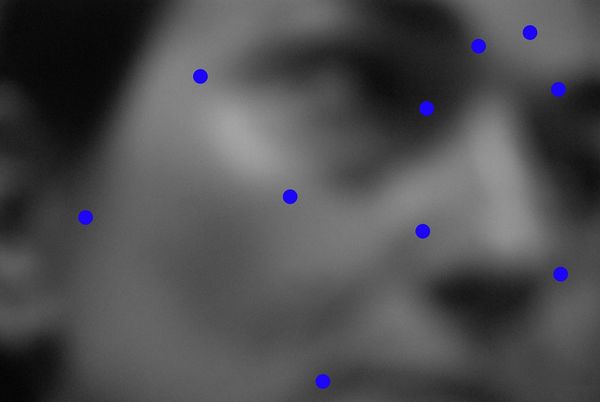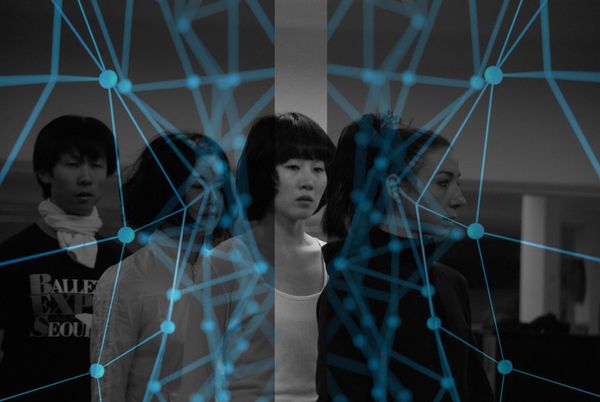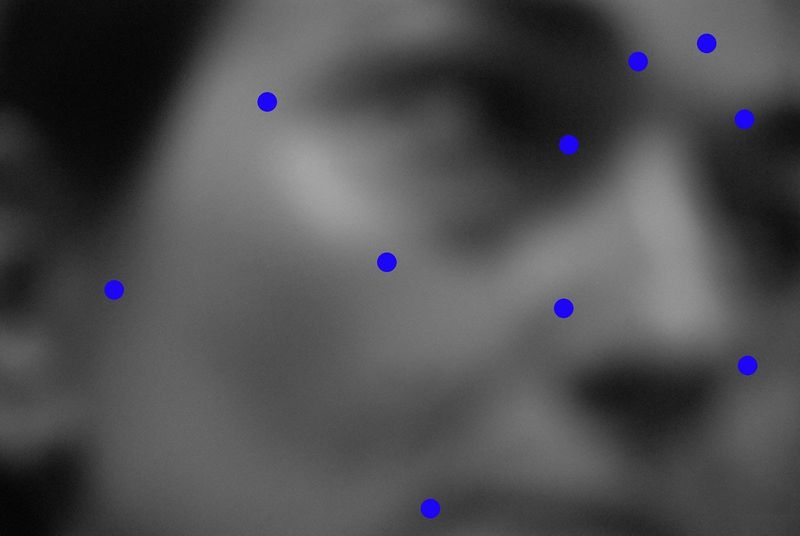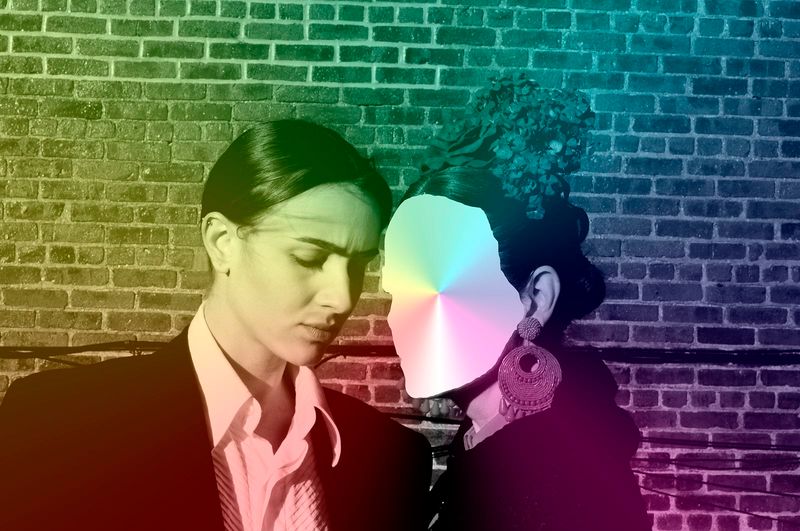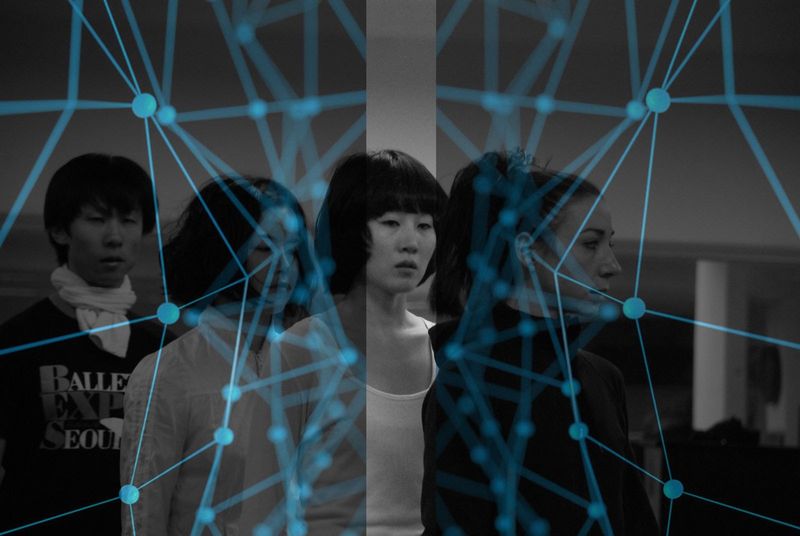A Study of Omnipresent Recognition
-
Published18 Apr 2018
-
Author
In a series aestheticising the codes of artificial intelligence, Italian photographer Fabian Albertini explores the irreversible mutation that facial recognition is bringing into our everyday lives.
In a series aestheticising the codes of artificial intelligence, Italian photographer Fabian Albertini explores the irreversible mutation that facial recognition is bringing into our everyday lives.
Surveillance is everywhere, infiltrated in the most intimate parts of our lives, associated to our every gesture. A fashion photographer by trade, Fabian Albertini developed a work on the subject after she read an article about Dubai’s experiment with a new airport surveillance system.
“They are starting to set a series of facial recognition cameras in airport corridors that will scan every passenger on their way to customs and grant them entry or not”, she explains. “I wonder what safety margin this software will have. They use data from social media such as Facebook and Tinder to put people into categories, as well as general studies about emotional and physical behaviour. Imagine that they rely on indicators saying that homosexual women have a narrow forehead! This is dangerous. In certain countries homosexuality is still considered a crime”, she goes on.
Her series, Controlled Lives looks at the features of modern surveillance systems and turns them into aesthetical apparatuses to trigger social concern. Dots and lines measuring facial features such as the nose, chin, and mouth; infrared visualisation; squares framing faces - the characteristics of the systems are implemented onto her photographs of ordinary scenes from everyday life. “Dots are used for 3D recognition, while squares are used for 2D recognition. I also added some colours such as rainbows to point at the abusive use of these technologies”, she says.
Pushing the concept further, she developed other techniques to express what the omnipresence of surveillance means in terms of identity. “To protect oneself from these technologies, one should alter or hide one’s face. Some artists have invented make-up that one can apply in order to skirt biometric systems. Others have created masks that one can wear in order to avoid being detected”, Albertini explains.
As a response, she cropped the heads out of some portraits, leaving a startling white hole. The images of individual faces are then placed on a stark white background; a surreal view that deprives it of its humanity. “It then looks like a mask that can be used to hide your identity.” She pushes the concept further, until the paradoxes of the system itself. In one picture, it’s a bright array of light that erases the faces of a passerby. Dark is no place for hiding anymore.
In an exhibition opening in April on the occasion of Fotografia Europea, in Reggio Emilia, Italy, Albertini will display the photograph stuck in concrete blocks, as if to say that we are already sinking into this as we would in quicksand. “Each time I travel I see more surveillance cameras. I remember when people talked about implanting chips in people’s arms as insane futurism. It’s not fiction. Our cellphones are these chips!”
--------------
Fabian Albertini is an Italian artist based between Milan, Italy and Rio de Janeiro, Brazil, fusing photography and installation to explore new visual renderings and the concept of perception. Follow her on PHmuseum, Twitter, and Instagram.
Laurence Cornet is a writer and curator based in Brooklyn focusing on cultural and environmental issues.
